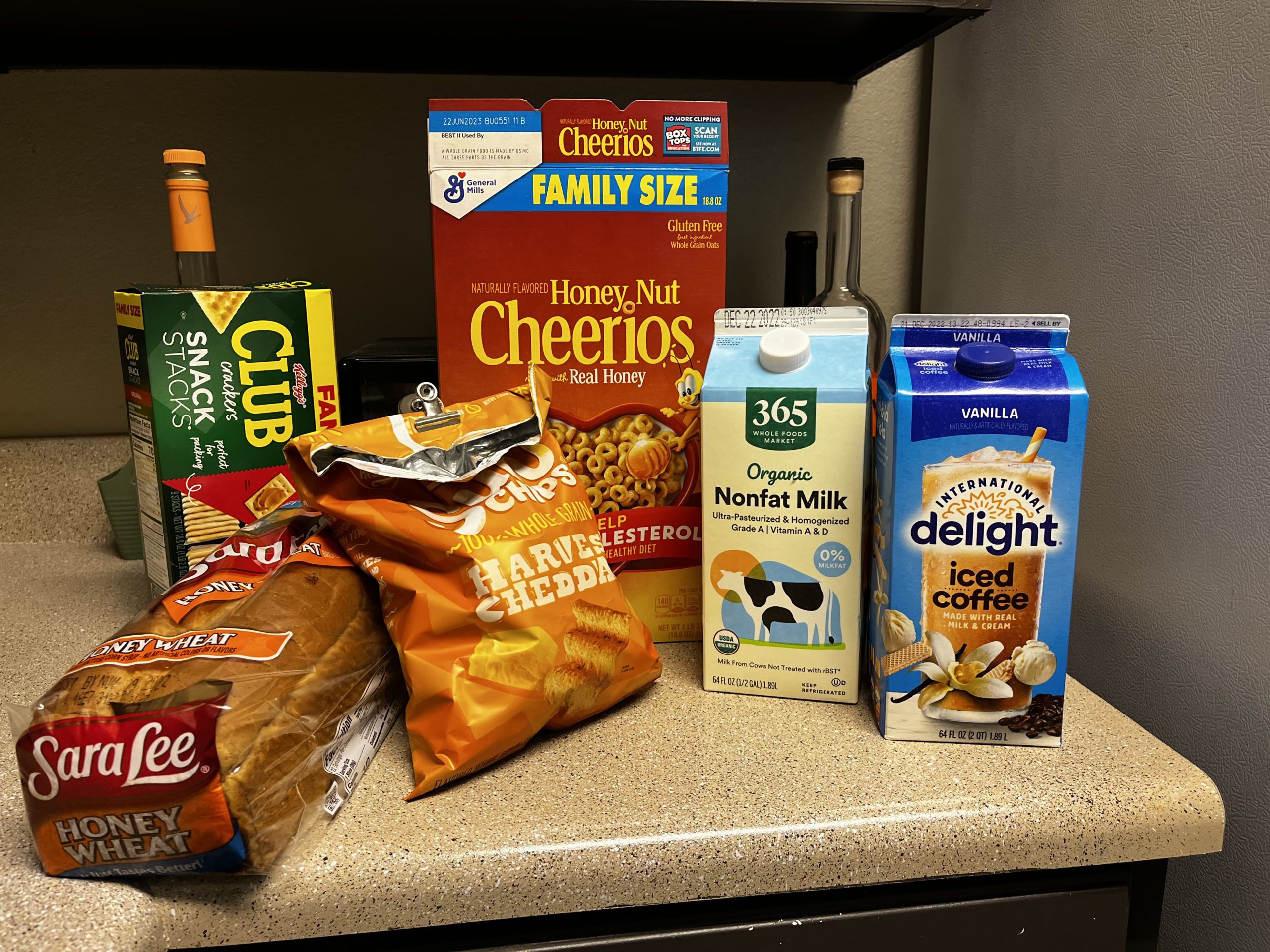By: Elena Thompson
FAYETTEVILLE, Ark. – With inflation on the rise, almost everyone is feeling the effects and college students are no exception.
What is inflation and why is it happening?
To understand how inflation is affecting the average person, it’s first important to understand what inflation is.
University of Arkansas Economist Jeff Cooperstein said inflation is a general increase in prices and decrease in money’s purchasing power.
“It means that you’re paying more for products so your prices are going up,” Cooperstein said. “The other thing it means is that the value of your dollar is going down. You can’t buy as much for the same dollar with inflation as you could before the inflation started.”
Cooperstein said the inflation the country is experiencing right now is due to a multitude of factors. The chain of events that caused inflation to rise started with the COVID-19 pandemic which led to supply chain issues.
Cooperstein said “not being able to transport products, transportation taking a lot longer, workers in factories dying” all contributed to the supply chain problems.
The United States government then issued trillions of dollars in stimulus checks into the economy. This means that people had more money they were willing to spend on products. These stimulus checks caused demand to shoot up, but supply remained relatively stagnant.
“If demand exceeds supply, prices are going to go up,” Cooperstein said.
The Russian-Ukrainian War also contributes to inflation in the U.S. Both countries are important producers of energy (specifically Russian oil). Because these natural resources are not entering the economy the way they used to, it pushes up the price of gas. Ukraine is an important supplier of grain, which pushes food prices up.
Cooperstein said weather events, such as the hurricanes in Florida, are also contributors.
How is inflation affecting college students?
College students feel the effects of inflation in almost all aspects of daily life. The cost of energy, food, clothing, and rent have all increased.
The latest Consumer Price Index report shows how prices have changed from Oct. 2021 to Oct. 2022:
- Cereals and bakery product: 16.9% increase
- Meats, poultry, fish, and eggs: 8% increase
- Dairy and related products: 15.5% increase
- Fresh fruits and vegetables: 7.4% increase
- Gasoline: 17.5% increase
- Electricity: 14.1% increase
- Rent of primary residence: 7.5% increase
Annika Morris, a senior at the University of Arkansas, works three jobs in order to make ends meet.
“The price increase I’ve noticed since my freshman year is kind of crazy,” Morris said. “I never had to worry about how much I was spending on groceries until recently.”
She also said she’s noticed the price of food at restaurants increasing.
“Sometimes, instead of getting groceries, I would choose to eat out because it seemed like the cheaper option, but I’ve noticed even that’s getting more expensive as well,” Morris said.
Logan Miller, a visiting assistant economics professor who specializes in consumer choices, said there were a few things students could do in order to reduce the effects of inflation.
“So, for college students, the best way to reduce the effects of inflation may be to try and lower expenses while keeping a relatively similar quality of life,” Miller said. “This can look like buying off-brand goods instead of name brand goods, packing your lunch instead of buying lunch from a restaurant, making coffee/tea at home instead of buying it on campus, or carpooling/taking the bus to campus instead of driving your own car.”
Cooperstein had some advice for students as well.
“I think the number one thing is trying to really pay attention to how you’re spending your dollars,” Cooperstein said. “In this kind of inflationary environment you should cut back a little bit on luxuries.”
Cooperstein also said that, although it is difficult, it is important for everyone to save more and spend less. The more people who save their money, the faster the economy can slow down and drop demand, and therefore inflation prices.
Despite inflation being on the rise, Cooperstein said that it won’t always be this way.
“I think that with the federal policy…we’re going to see inflation peak, it’s kind of peaked now, and then drop as we move into 2023 and certainly as we move into 2024,” Cooperstein said.


